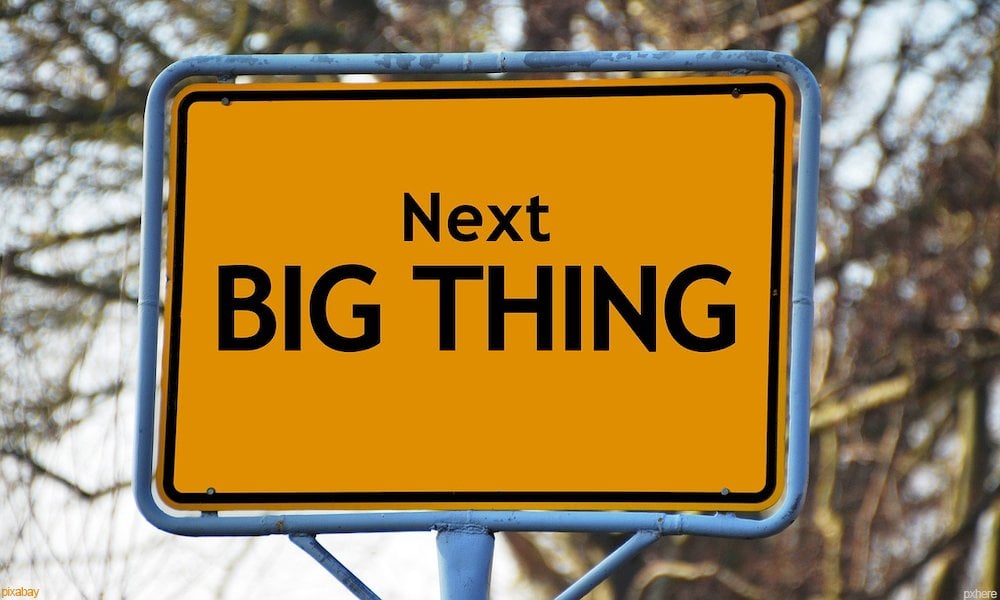Marketing
The Future of Event Marketing

Event marketing is undergoing a seismic change, as organisers respond to new technologies that allow them to offer a richer and more personalised experience. Similarly, attendee expectations are changing with regard to what truly constitutes a great event.
Event marketers are already focusing on increasing their social media engagement, growing their use of event videos and using Twitter to promote their events. They are using digital registration and information screens and creating event apps to capture data and deliver targeted, personalised experiences.
Let’s look at some key trends that are shaping the future of event marketing.
Face to face marketing will become important again
Social media channels have already reached maturity and many online users are employing ad blocking software. Whilst digital media previously demonstrated exponential growth, this is now slowing down and customers are finding that they still value face to face experiences. There is no doubt that digital now holds a central role in many people’s lives, but the role of ‘real’ experiences must not be underestimated. In fact, research suggests that up to a third of marketers are focusing their attention back towards ‘old fashioned’ activities such as trade shows and exhibitions.
Live events will become more popular
Live and real-time events will become a core theme, often augmented with technology to share and enhance the experience. This blended approach will offer the best of all worlds to attendees. Live event attendees will enjoy the atmosphere, energy, networking and immediacy of a live event. Digital screens and streaming will offer a secondary experience to those who cannot attend. At-event technology will also be used to augment the live experience. For example, interactive tools and gamification will bring content to life. Subtitle screens and accessibility technology will ensure that the event content is available to everyone.
Promotional marketing will continue to grow
Marketers will still focus on promotional marketing as a means of raising brand awareness and customer engagement. However, the types of product are likely to change. Growing awareness in environmentalism and sustainability (think Extinction Rebellion) will mean that single-use plastic items may all but die out altogether as promo items in the next decade. Promos that allow reuse and recycling will be favoured, such as bamboo coffee cups and tote bags. Desk plants may also be a growing trend in line with the broader interest in wellness. Already, we are seeing growth in promos for tech, such as wearables and portable device charging units. This is expected to grow as a promotional product category as tech continues to become an integrated enabler in our daily lives.
Personalised invitations
The growth of personalisation will see event invites being issued with a far higher degree of personalisation. Marketers will use available data to segment audience groups more tightly and to send highly relevant and personalised event invitations which are likely to appeal to their needs.
Blended audiences
When Apple launches a webinar or new product launch, millions of people watch it online. In the future, even smaller trade shows and speaker opportunities will be live-streamed or shared via webinars, taking advantage of 5G connectivity. This will give people out of the area the chance to engage with the content and for attendees to revisit content at a later date. This content may be reserved behind firewalls for private viewing or shared openly. At the same time, technologies will enrich the live experience for all. Interactive components will allow physical and digital attendees to ask questions equally. VR will provide experiences of product sampling at home, which are akin to the live event itself.
Brand scaling and personalisation
Data and technology will again come into play when it comes to offering a personalised and scaled brand experience, tailored to an individual’s needs. For example, attendees will download event apps to register their preferences for categories such as workshops and breakout areas, speaker sessions, food and drink, seating and registration. The organisers can then deliver that exact level of personalisation to ensure that the event is an extremely successful one that meets individual expectations. This will result in enhanced brand experiences, loyalty, conversions and referral marketing benefits.
These trends will help to meet the main challenges that event organisers currently face, such as time-consuming content generation and curation, maximising revenue generation, ROI on investment and ensuring high levels of event registration.
So if you work in event marketing, now is the time to look forward to the future and begin to understand how your brand, and your events, can meet tomorrow’s expectations.






